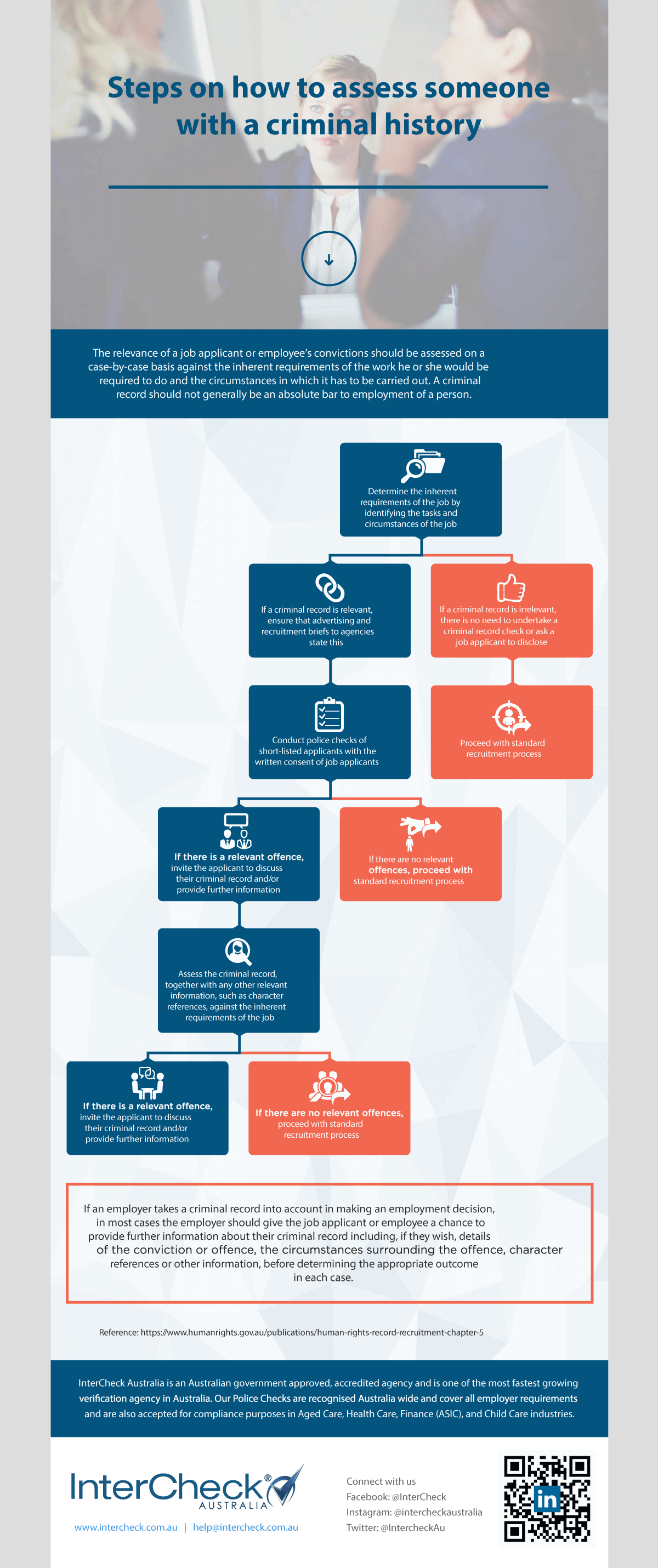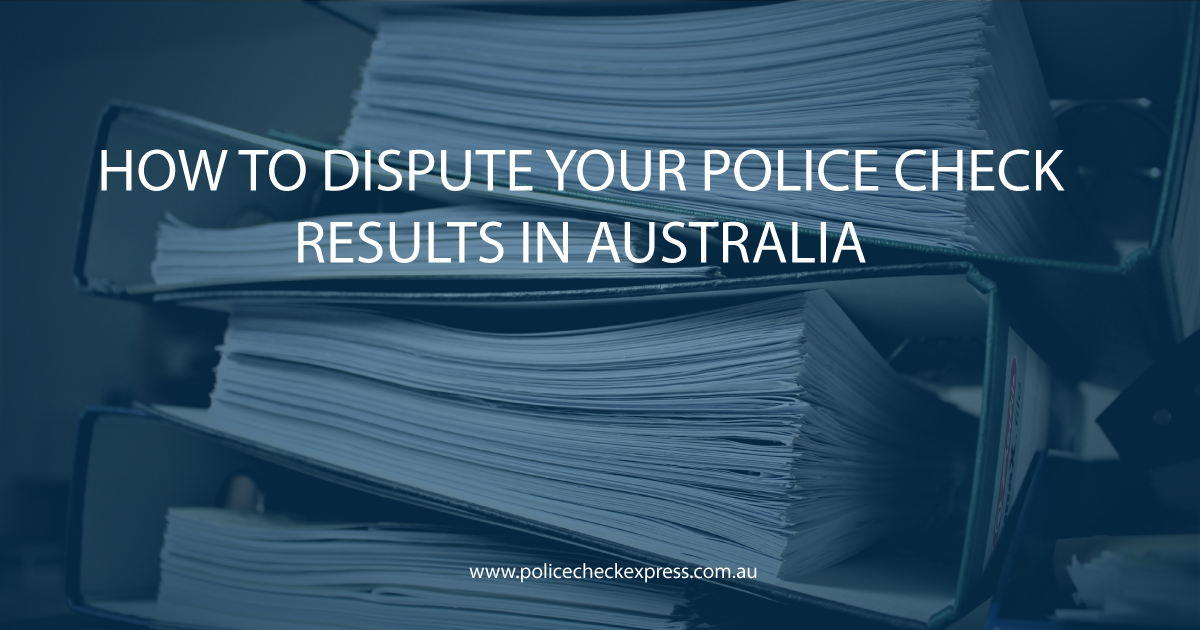
Businesses are entitled to ask prospective employees about their criminal past but should be careful when responding to the answers.
Employers or recruiters can require applicants to consent to a criminal record check, they have to pay attention to how and what to ask about someone’s criminal record in an interview
This means some offences may not constitute a reason to refuse an applicant work – the offence must be a barrier to the individual performing the job.
Taking a measured approach to interviews and keeping track of the conversation may also help to avoid any potential problems. While employees are protected from discrimination, they are not allowed to lie about their history, when asked. If an employee has been dishonest in the past about part or all of their past convictions, businesses can review that staff member’s employment, says McDonald Murholme principal lawyer Andrew Jewell
The relevance of a job applicant or employee’s convictions should be assessed on a case-by-case basis against the inherent requirements of the work he or she would be required to do and the circumstances in which it has to be carried out. A criminal record should not generally be an absolute bar to employment of a person.
Case study:
Applying for a job as a bartender (Christensen’s Case)
In 2002, the Commission made a report to the Attorney-General finding that discrimination on the basis of criminal record had occurred in the case of Ms Christenesen.
Ms Christensen applied for a job as a bartender in the Adelaide Casino. She declared her prior conviction for stealing two bottles of alcohol when she was 15 years old. She was refused employment on the basis that the inherent requirements of the job required her to be trustworthy and of good character.
While the Commission agreed that these were inherent requirements of the job, it disagreed that there was a sufficiently close connection between Ms Christensen’s conviction and the inherent requirements of the position. Several factors came into play in making this decision including:
- she was 15 when the conviction occurred;
- the conviction was eight years old
- since her conviction she had held several jobs in the hospitality industry including as a bar
Reference Source: Human Rights Australia
When assessing the application of a person with a criminal record, questions that an employer may need to address might include:
- Has the applicant or employee been informed about the possible relevance of a criminal record to the position?
- Does the organisation have clear procedures for making decisions about applicants with a criminal record? For example, who makes the decision and how is it made?
- Does the applicant or employee’s specific criminal record mean that he or she cannot fulfil the inherent requirements of the particular job?
- Has the applicant or employee been given an opportunity to explain the circumstances surrounding any criminal record?
- Is there an avenue for the employee to appeal the decision?
The infographic below summarises the step by step on how to assess applicants with a criminal record the right way.










